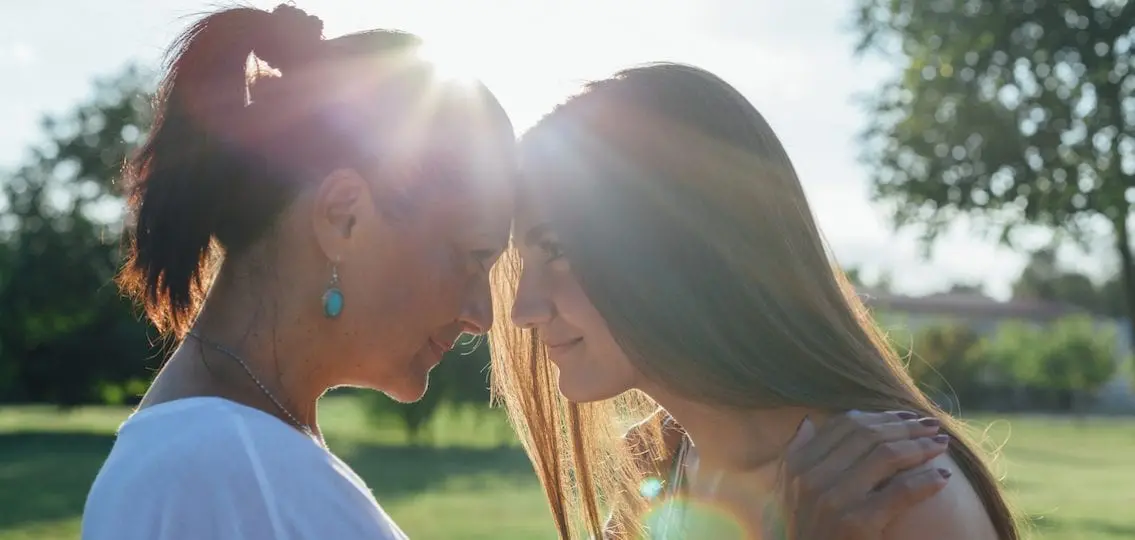I have about as much to add to a discussion on raising teenagers as I do on raising orchids. I have absolutely no idea how to do it “right,” but I do have a couple of orchids left over from my 50th birthday that are not dead yet. And I do have a teenager, and we are both still alive, which I consider something of a triumph. I do not make that statement lightly.

We lost our first daughter, Katharine, to SIDS 15 years ago, and she is my teenager who doesn’t give me any trouble. For one thing, she never, ever talks back.
But when her younger sister, Carly, 14, pushes every button I’ve got, I remind myself of the alternative. You can have that kid—that huffy, unreasonable, rude kid—or you cannot. You choose.
No, you don’t get to choose. She could be snatched from you before lunch.
Just the other day, Carly’s little brother and I were at home for the evening while she was in a theatrical performance at the local children’s theater. We were watching Spiderman together, or rather he was watching, and I was nodding off. It was nearly ten o’clock when I fluttered open my eyes. My daughter’s show would have ended at around nine. Why haven’t we had a call, I thought, staring blearily at the rolling credits.
Blame it on the action flick, but I suddenly saw my teenager’s lifeless body stuffed in a garbage can at the back of the theater—the victim of a random, violent crime. Suddenly, my adrenaline was making most of my decisions as I grabbed my son on the way to the car in my slippers. I headed down to the theater at a restrained 40 miles an hour in a 25 mph zone. I willed the phone to ring the whole way, even as I pulled up to the curb and practically threw my son out of the moving car to go get his sister.
The phone rang at last, just as he staggered off to the stage door. She was calling from the theater, where they had just finished changing after greeting fans in the lobby. Now, she wanted to spend the night at her friend’s house. It was hard for me to say no and cite her hypothetical murder as the reason. Instead I told her she couldn’t because she had two performances the next day. She wasn’t expecting to hear no.
This is something I know about teens and orchids: If they are deprived of what they need, they become unresponsive, and teen girls need sleepovers.
What I drove home that night was a mere shell of a young lady, a shriveled hull, with nothing but a cold-eyed stare and a curled upper lip to give her any semblance of humanity.
While I hauled this cantankerous cargo back to the house, my son was in the back seat, wondering what happened to his pleasant evening with his dozy mother. Even the upholstery bristled at the tension, and I was having a hard time being grateful that my daughter wasn’t stolen earlier. I mean, I was glad she was still “with us,” but I was not sure why I wanted her “with us” so much. She was casting quite the pall.
| [adrotate banner=”76″] |
Righteous indignation is a very powerful emotion that, under the right conditions, can literally start wars. I was about to serve my brat a heaping serving of this stuff when Katharine came in. My little angel baby, who slipped away in a morning nap, has an unbearable lightness of being. She reminded me of what it is to love, even when you have nothing there.
But Carly was there, maybe not exactly present, but there. And she was exhausted and in need of boundaries, but mostly in need of forgiveness.
So we drove in silence, me and all my quiet children.
When we got home, I put my son to bed, gave Carly ten minutes on the Internet to post something on her wall about the performance (and no doubt to send a snarling email about her mean mother), and then I tucked her in and prayed that she would sleep soon and soundly.

I don’t have to tell you how differently things went in the morning after a good night’s sleep. At one point, we laughed until we cried about something that now I can’t even remember. I wish I could, but for some reason, the icky stuff sticks where the joy soothes and moves on. I remember that I watered the orchids—not too much—and later, Carly and I walked hand-in-hand to the drugstore for poster board. Katharine was there, too.




